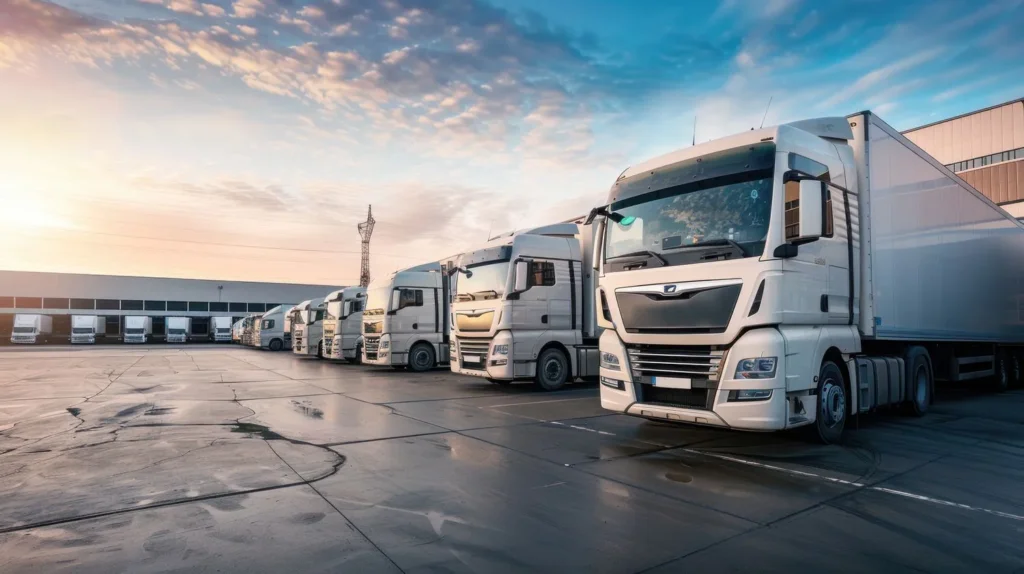According to the Mercedes F1 outfit, the combined 67% emissions reduction and 339 tCO2e saving, calculated in line with the GHG protocol and latest DEFRA GHG emissions factors, exceeded the team’s initial targets of 60% emissions reduction for race and hospitality trucks and generators and 200 tCO2e saved across the European season.
The trucks travelled over 386,000km, from a total distance travelled of 460,000 km, and 35% of all generator fuel used was HVO100.
As supply levels of HVO fluctuate in certain areas, the project was more complex than it may seem at first sight.
Next year, Mercedes F1 will move towards the full use of HVO100 in its trucks, as well as using HVO100 in its generators. The team shall also be delivering efficiencies in the paddock to reduce its reliance on those generators.
Commenting on the results of the biofuel strategy, Alice Ashpitel, Head of Sustainability at the Mercedes-AMG PETRONAS F1 Team said:
“We are delighted to achieve such a positive set of results and reduce our freight and generator emissions significantly over this season’s European races. The use of biofuels is one of our key pioneering initiatives as part of our overarching sustainability strategy for achieving Net Zero for our Race Team Controlled emissions by 2030.
Ashpitel added:
“We had to overcome complex logistical hurdles on this project. To achieve such a significant reduction in freight and generator emissions demonstrates the strong collaboration between the team, PETRONAS and our logistics partners. This project marks a significant step forward and a strong proof point supporting the wider adoption of HVO100 across sport, entertainment, and logistics industries.”
In addition to the above, Mercedes began using Sustainable Aviation Fuel last year, which helped cut travel emissions by 21%.
According to Mercedes’ F1 team, the use of biofuel in its race trucks and race base generators would previously have been included in the Formula One cost cap. Removing this restriction has thus allowed the team to move towards it goal of achieving a fully-biofueled European season.
Toto Wolff, Team Principal and CEO of the Mercedes-AMG PETRONAS F1 Team, also expressed satisfaction with the results of the biofuel transports and power generation:
“Formula One is the most well-known global sport in the world, so it is vital we can use our platform to pioneer change. We can no longer compromise on the impact we have on our planet, and we need to adapt to reduce our emissions. We are a team of innovators and have an ambition to be the world’s most sustainable sports team. Results like this show we are on the right track to achieving that milestone with sustainable fuels central to the team’s strategy to achieve Net Zero. This was a very complex project, and we extend our thanks to our Title and Technical Partner PETRONAS, and our logistical partners, who have worked so hard to deliver the results of this challenging yet rewarding project.”











